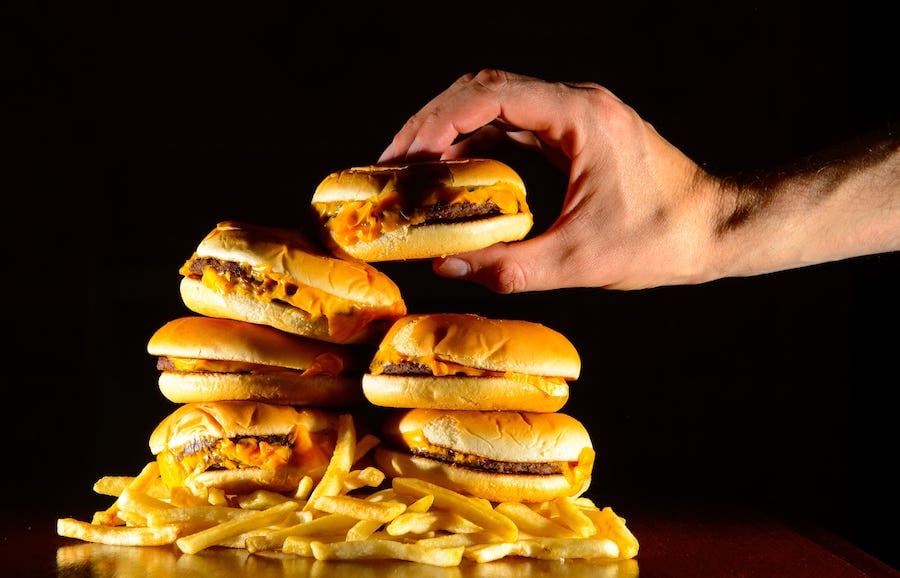Should ultra-processed foods be labelled ‘addictive’?
Some 14% of adults and 12% of children could be addicted to ultra-processed foods, experts have warned.
Labelling some foods as “addictive” could help people change their diets, scientists have said, as estimates suggest that one in seven adults and one in eight children could be hooked on ultra-processed foods (UPFs).
Researchers said the way some people consume foods that are high in fat and carbohydrates could “meet the criteria for diagnosis of substance use disorder”.
Behaviours which could meet this criteria include: intense cravings, symptoms of withdrawal, less control over intake, and continued use despite such consequences as obesity, binge eating disorder, poorer physical and mental health, and lower quality of life, they said.
A team of international researchers point to an analysis of 281 studies from 36 different countries.
The review found that “ultra-processed food addiction” is estimated to occur in 14% of adults and 12% of children.
The academics said that if some foods high in carbohydrates and fats are viewed as “addictive” it could potentially improve health through changes to social, clinical and political policies.
“There is converging and consistent support for the validity and clinical relevance of food addiction,” said Ashley Gearhardt, the article’s corresponding author and a psychology professor at the University of Michigan in the US.
“By acknowledging that certain types of processed foods have the properties of addictive substances, we may be able to help improve global health.”
It would also drive more research in these areas, the authors added.
Co-author Alexandra DiFeliceantonio, assistant professor at the Fralin Biomedical Research Institute in the US, added: “Given how prevalent these foods are – they make up 58% of calories consumed in the United States – there is so much we don’t know.”
The researchers, from the US, Brazil and Spain, said: “Refined carbohydrates or fats evoke similar levels of extracellular dopamine in the brain striatum to those seen with addictive substances such as nicotine and alcohol.
“Based on these behavioural and biological parallels, foods that deliver high levels of refined carbohydrates or added fats are a strong candidate for an addictive substance.”
The speed in which these foods deliver carbohydrates and fats to the gut could also play a role in their “addictive potential”, the authors added.
Food additives may also contribute to the “addictiveness of UPFs”, they said. While these additives, which are added to food for taste and to “improve the mouth feel” are unlikely to be addictive on their own, they could “become powerful reinforcers of the effects of calories in the gut”, they wrote.
They conclude: “While further careful research is needed to determine the exact mechanism by which these foods trigger addictive responses, UPFs high in refined carbohydrates and fats are clearly consumed in addictive patterns and are leading to deleterious health outcomes.”
What are your views?





















